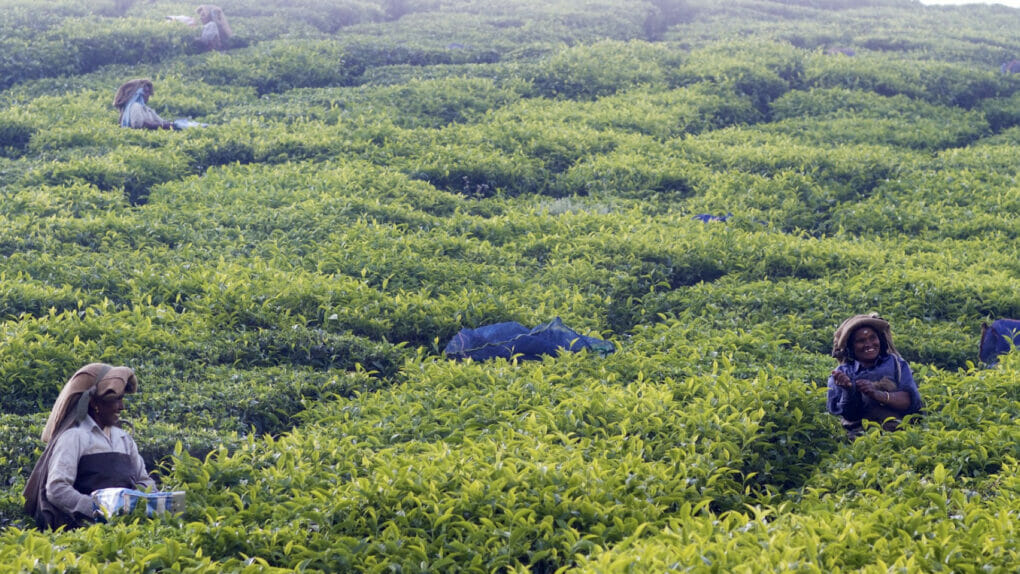We are excited to launch our new blog column, Sustainability 101, in partnership with The Sustainable Mag, a digital magazine about sustainability started by a SUMAS student and alumnus. Every month, we’ll be posting an interesting topic related to sustainability, with the aim of educating around this important subject. For part one, we’re starting with the basics: what is sustainability?
What is sustainability?
With the term sustainability popping up more and more in conversations, the news, and in business, one might think that the answer to this question is a simple one. However, in academic literature alone there are more than 300 definitions of sustainability. So how do we define sustainability exactly?
The Oxford dictionary simplistically defines it as “the property of being environmentally sustainable; the degree to which a process or enterprise is able to be maintained or continued while avoiding the long-term depletion of natural resources.“
However, this definition does little to help us to understand what has it really come to mean in our societies today.
An environmental-only approach?
For many people and businesses, discussions of sustainability are centered around preserving environmental resources, addressing climate change, and “saving the planet” so to speak. But this narrative ignores the fact that human beings are inseparable from our environment, and that the need to be sustainable has emerged from industrialization and hundreds of years of dominant groups treating certain people and places as being disposable.
Recycling, saving water, reducing plastic, reforestation (etc) are all deeply needed and important aspects of sustainability but it is not the whole story.
People, planet, profit?
Another popular understanding of sustainability today is one that suggests that the concepts of people, planet, and profit are of equal importance. However, it is clear when looking at the state of the world today, that profit is too often prioritized over people and the planet, with dire consequences. The concept of economy as an equal pillar to people and planet also often perpetuates the false narrative that infinite economic growth is possible on a planet with finite resources, or that money is as important as the lives of people or having clean water and food to eat.
Sustaining people and the planet!
This does not mean that the economy must be completely ignored for the purpose of sustainability. Rather it means that a focus on solving social and environmental issues can lead to a liveable planet, poverty reduction, and economic resilience too.
Sustainability is a complex and holistic topic with many things about it to understand and unpack. This is only the beginning. We hope you’ll tune in to next month’s Sustainability 101 column, What is Social Inclusion?

